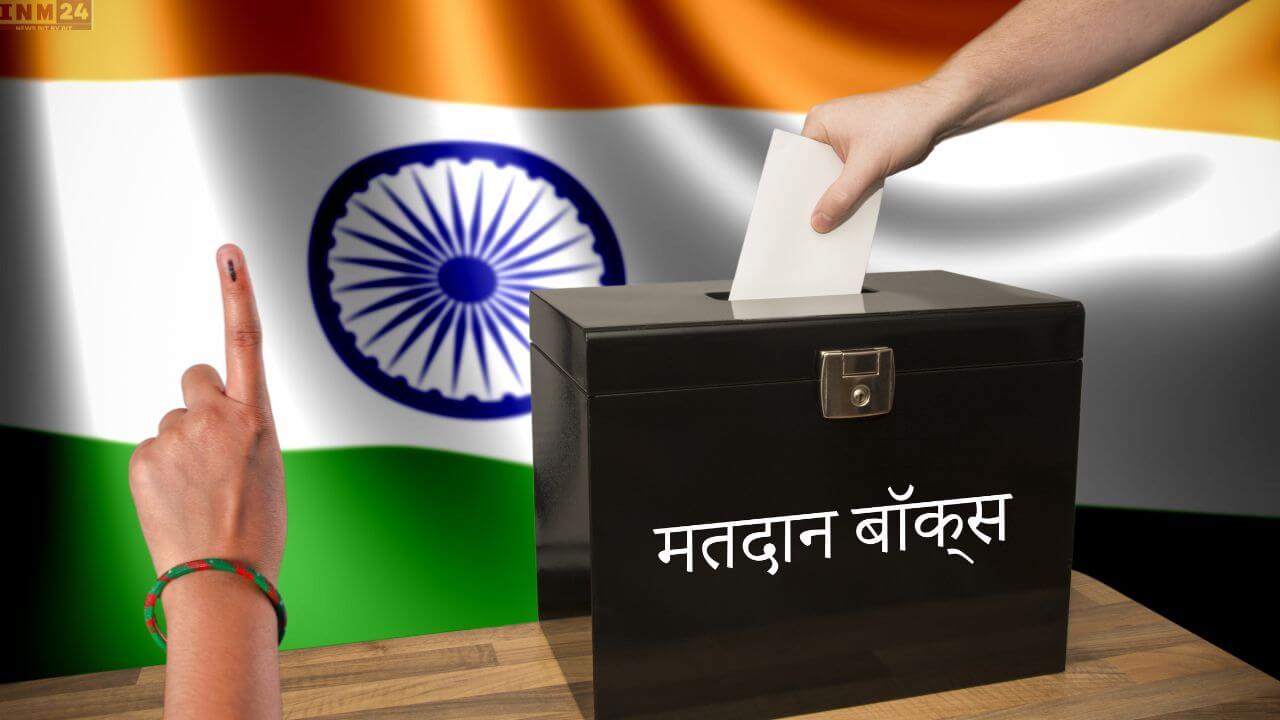In the midst of the fervor surrounding the Lok Sabha Election 2024, senior Congress leader Rahul Gandhi has stirred controversy with his remarks, crossing the boundaries of language decorum. During a rally in Solapur, Maharashtra, Rahul Gandhi made remarks targeting Prime Minister Narendra Modi in a manner deemed inappropriate.
During the rally, Rahul Gandhi took aim at Prime Minister Modi
Accusing him of resorting to falsehoods whenever he feels threatened. He stated, “As soon as I spoke about the X-ray of this country, Narendra Modi started trembling. It is his habit that whenever he feels scared, he begins to lie.”
This incident has put the spotlight back on Rahul Gandhi’s use of language during election campaigns. It is reminiscent of a similar situation during the 2019 Lok Sabha Elections when Rahul Gandhi made controversial remarks about Prime Minister Modi and veteran leader Lal Krishna Advani.
During the 2019 elections, Rahul Gandhi made contentious comments about Lal Krishna Advani, a founding member of the BJP. He remarked, “PM Modi talks about Hinduism, but the most important aspect of Hinduism is the guru, and PM Modi does not even bow before his guru Advani.”
These remarks led to a heated exchange of political statements between the BJP and Congress
Once again, Rahul Gandhi’s recent comments targeting Prime Minister Modi may provide fodder for the BJP to launch a counterattack during the ongoing election campaign.
With the second phase of voting scheduled for April 26, 2024, the political atmosphere is heating up. It is evident that all political parties are actively engaging in targeting each other, making the electoral battleground fiercely competitive.
Rahul Gandhi’s choice of language and the subsequent reactions to his remarks underscore the intensity and polarization characterizing Indian politics during election seasons. As the election unfolds, such incidents serve as critical moments shaping public opinion and influencing electoral outcomes.
